Why did a climate activist interrupt a snooker match?
What's the strategy here? THREAD:
#JustStopOil
What's the strategy here? THREAD:
#JustStopOil

1. This is an introductory build up action to Just Stop Oil's planned slow marches and general disruption in London.
Initial highly visual actions serve an advertising function.
Before XR did their April 2019 rebellion, they poured fake blood outside Downing Street.
Initial highly visual actions serve an advertising function.
Before XR did their April 2019 rebellion, they poured fake blood outside Downing Street.
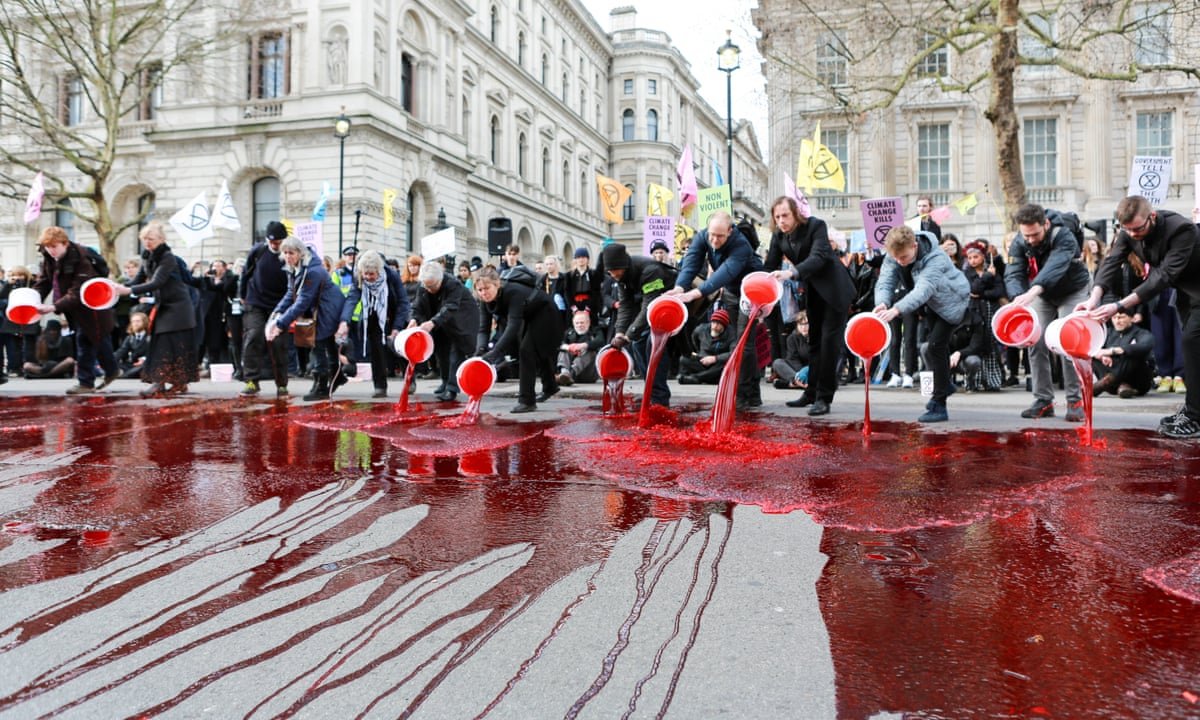
Part of the logic of these stunts is that they serve a "come and join us" function. They seek to make people who are politically aware but inactive become active. To mobilise the people who yell at their telly onto the streets.
2. There has long been a splinter in direct action movements between a strategy of focusing specifically on targets vs trying to interrupt everyday life so as to make the issue unignorable & to create a general crisis. Roadblocks are a good form of general disruption.
But so is disrupting large parts of civil society, as Just Stop Oil have done: Formula 1, Football, Art galleries etc.
The idea here is if you yell about climate crisis in all spheres of society, the issue becomes more prominent.



The idea here is if you yell about climate crisis in all spheres of society, the issue becomes more prominent.

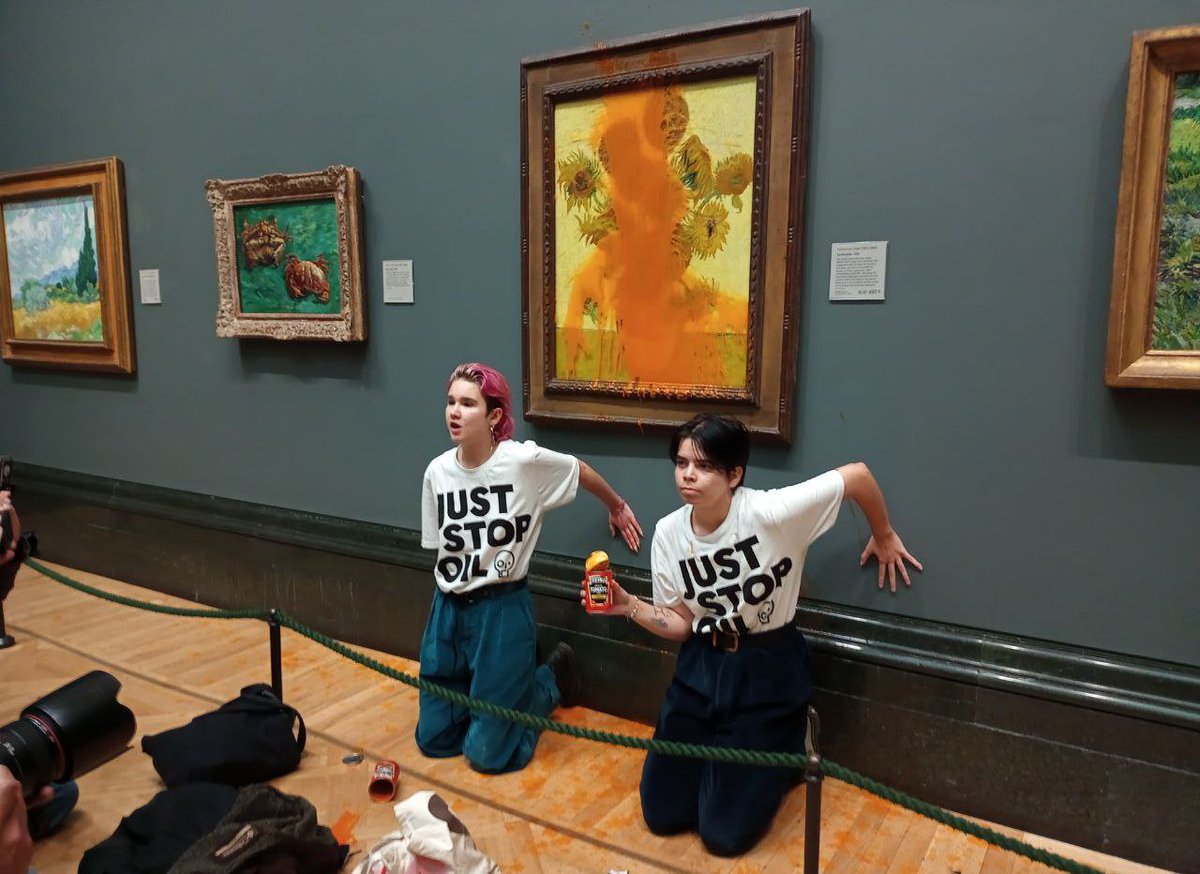
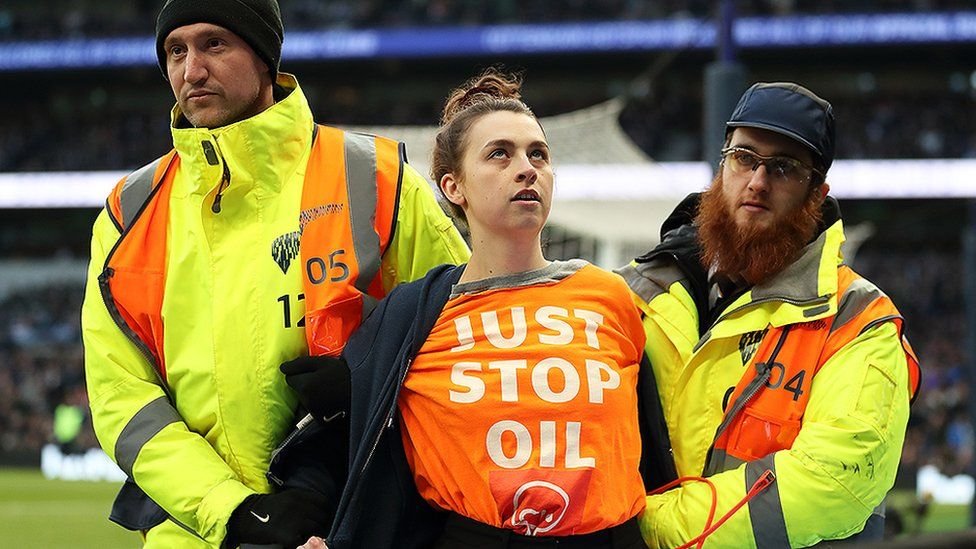
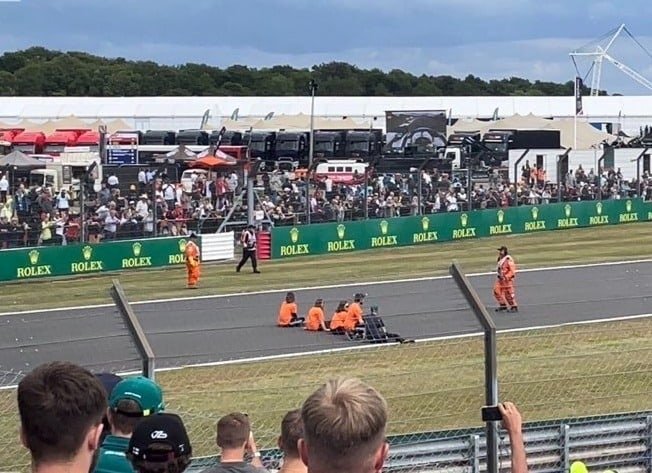
3. This kind of direct action has a contradictory relationship with public opinion - and how it "works" is often misunderstood. What happens is that the activists are hated and despised but because they force the issue up the agenda, the issue itself rises in "voter priority".
The issue doesn't get a general flack per se but the activists do. So when it's claimed "your making your issue unpopular", it's not strictly speaking true.
This there's this dynamic of "yes they're absolute wankers but well maybe they have a point".
Note these graphs:

This there's this dynamic of "yes they're absolute wankers but well maybe they have a point".
Note these graphs:
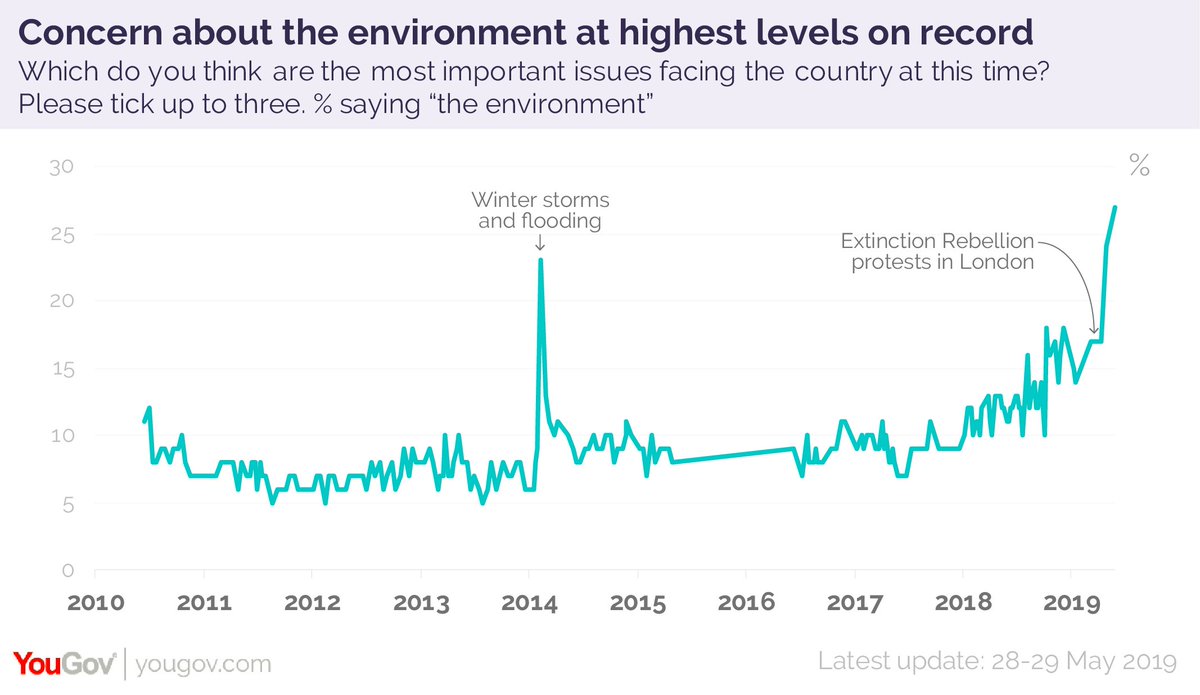
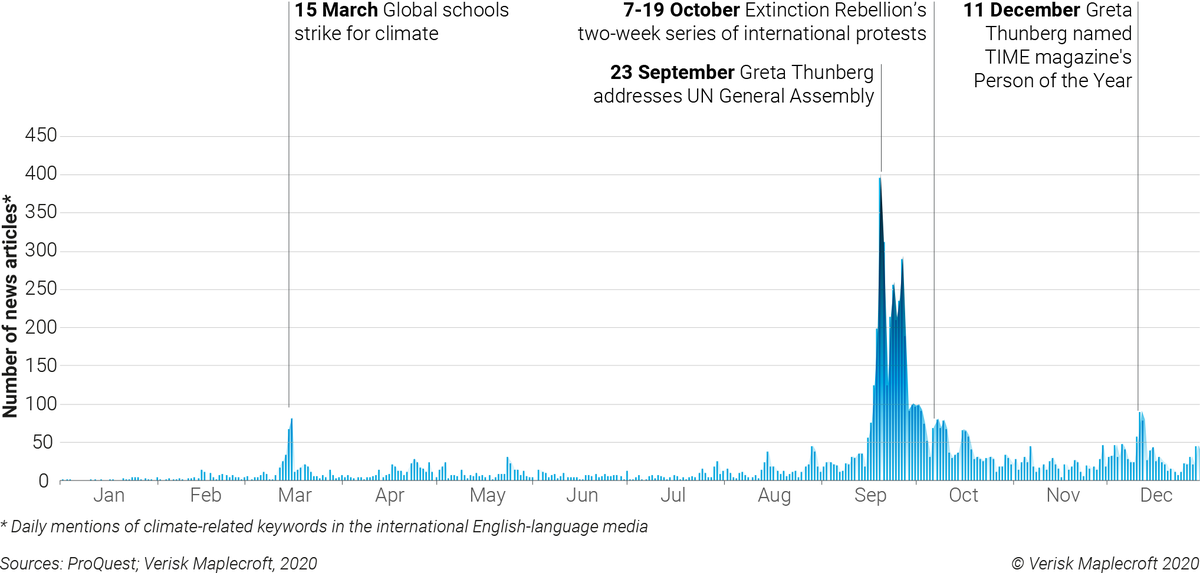
This dynamic is the opposite of what happens in conventional non disruptive protest.
Nobody necessarily actively despises you, but also nobody cares about your issue.
It's a binary between personally hated but effective vs personally indifferent and ineffective.
Nobody necessarily actively despises you, but also nobody cares about your issue.
It's a binary between personally hated but effective vs personally indifferent and ineffective.
4. The extremity of the action communicates the extremity of the crisis. There is (unintentionally) a messaging flaw with "conventional" climate change protest - namely that the tone contradicts the content.
If the crisis is so severe, why are you only doing petitions?
If the crisis is so severe, why are you only doing petitions?
The opposite is true with Just Stop Oil. If you have people willing to do *very outlandish things in public space* and are also risking arrest, imprisonment etc etc it communicates the idea "well maybe there is a crisis" etc.
This is a good thread on the (often awful) discourse around the strategy of Just Stop Oil & climate change direct action
https://twitter.com/thediyora/status/1648264960592474115?s=20
Here is Just Stop Oil's website.
Front page is a sign up sheet to do actions with them next week.
I always encourage everyone to engage and do direct action where they can.
juststopoil.org
Front page is a sign up sheet to do actions with them next week.
I always encourage everyone to engage and do direct action where they can.
juststopoil.org
• • •
Missing some Tweet in this thread? You can try to
force a refresh

 Read on Twitter
Read on Twitter





